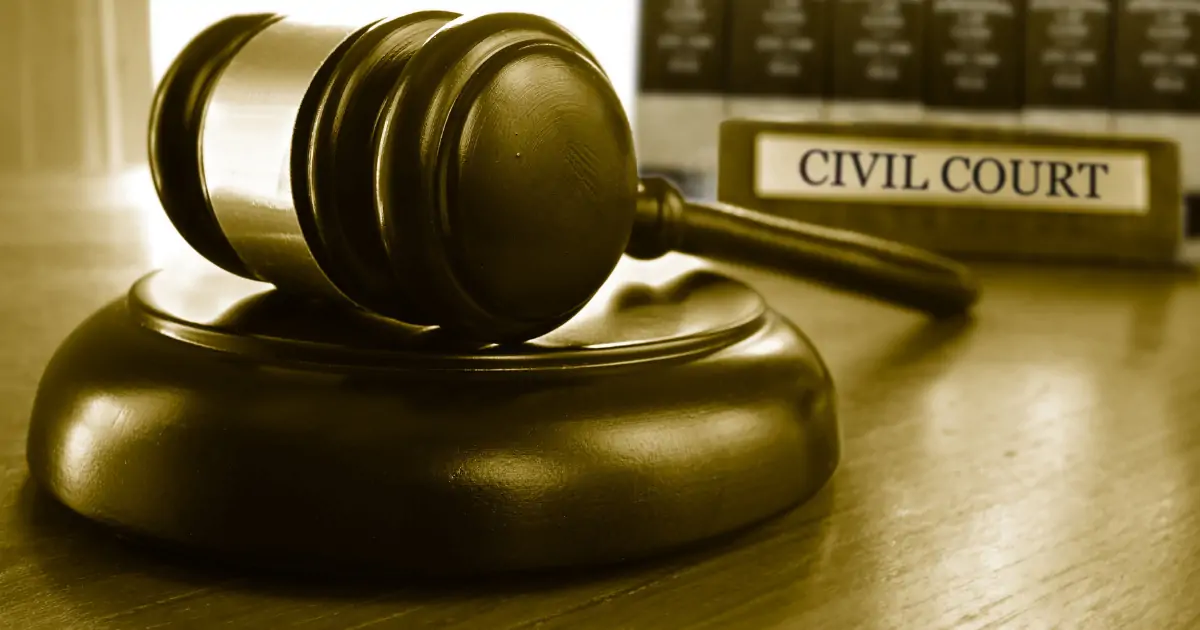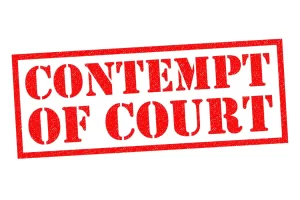What is Civil Court: Understanding Its Role in Legal Matters
Civil court plays a crucial role in the legal system, handling a wide range of cases that involve disputes between individuals, organizations, or entities. This article provides an in-depth look at what civil courts are, their functions, and how they contribute to maintaining justice and resolving conflicts outside of criminal matters.
When legal disputes arise outside the realm of criminal activities, they often find their way into civil courts. These courts serve as forums for resolving conflicts between parties, seeking remedies, and upholding justice in various civil matters.
Key Characteristics of Civil Court Cases
Civil court cases are characterized by their focus on resolving disputes rather than punishing criminal behavior. They involve legal conflicts that can pertain to contracts, property rights, personal injuries, family matters, and more.
Types of Civil Cases
Civil courts handle a diverse array of cases, including personal injury claims, breach of contract disputes, divorce proceedings, child custody battles, property disputes, and cases involving negligence.
Importance of Civil Courts
Civil courts are vital for maintaining societal harmony by offering a fair and impartial platform for individuals and entities to seek remedies for grievances and resolve conflicts through legal means.
Structure of a Civil Court
A typical civil court structure includes trial courts and appellate courts. Trial courts are where cases are initially heard and evidence is presented, while appellate courts handle appeals if a party is dissatisfied with the trial court’s decision.
Legal Procedures in Civil Court Cases
The process begins with the plaintiff filing a complaint outlining the issues and seeking relief. The defendant responds with an answer, and the discovery phase follows, during which evidence is gathered. Subsequently, the trial takes place, where arguments are presented, witnesses testify, and a judge or jury renders a verdict.
Role of Attorneys in Civil Court
In civil cases, both plaintiffs and defendants often have legal representation. Attorneys play a vital role in presenting arguments, cross-examining witnesses, and guiding their clients through the complex legal procedures.
Burden of Proof in Civil Cases
In civil court, the burden of proof rests with the plaintiff. They must provide enough evidence to establish their claims “more likely than not.” This standard is lower than the “beyond a reasonable doubt” standard in criminal cases.
Mediation and Settlement
Civil courts encourage mediation and settlement to avoid lengthy trials. Mediation involves a neutral third party assisting the parties in reaching an agreement, while settlements involve negotiated resolutions.
Appeals in Civil Court Cases
If a party is dissatisfied with the outcome of a civil trial, they can appeal to a higher court. The appellate court reviews the trial court’s decision for legal errors rather than re-evaluating the facts of the case.
Civil Court vs. Criminal Court
Civil court and criminal court differ in their purpose and procedures. While criminal courts focus on determining guilt and administering punishment, civil courts prioritize resolving disputes and awarding remedies.
Landmark Civil Court Cases
Throughout history, civil courts have handled cases that have shaped legal precedent and societal norms. Landmark cases like Brown v. Board of Education and Roe v. Wade have had a profound impact on civil rights and individual freedoms.
Evolving Landscape of Civil Courts
As society changes, so do the issues brought before civil courts. Technological advancements, environmental concerns, and evolving social dynamics have led to new types of civil cases and challenges.
Challenges Faced by Civil Courts
Civil courts face challenges such as backlog of cases, limited resources, and the need to adapt to changing legal landscapes. These challenges can impact timely justice delivery.
Conclusion
Civil courts play a pivotal role in upholding justice and resolving disputes in a civilized manner. By providing a platform for individuals and entities to seek remedies for grievances, civil courts contribute to maintaining harmony in society.
FAQs
Q1: How do civil courts differ from criminal courts? A1: Civil courts focus on resolving disputes and providing remedies, while criminal courts deal with criminal behavior and punishment.
Q2: What types of cases are heard in civil courts? A2: Civil courts handle cases such as personal injury claims, property disputes, contract breaches, and family matters.
Q3: Can civil court decisions be appealed? A3: Yes, parties dissatisfied with a civil court’s decision can appeal to a higher court for review.
Q4: How do attorneys contribute to civil court cases? A4: Attorneys present arguments, examine witnesses, and guide clients through legal procedures in civil cases.
Q5: What is the burden of proof in civil court? A5: In civil court, the plaintiff must prove their case “more likely than not” to establish liability.







